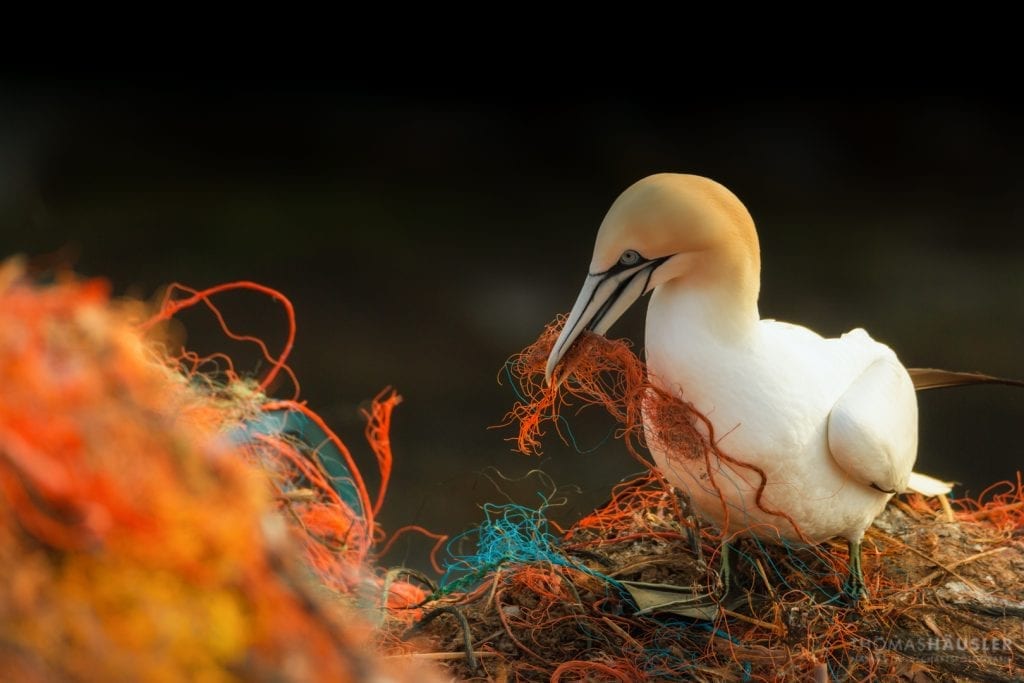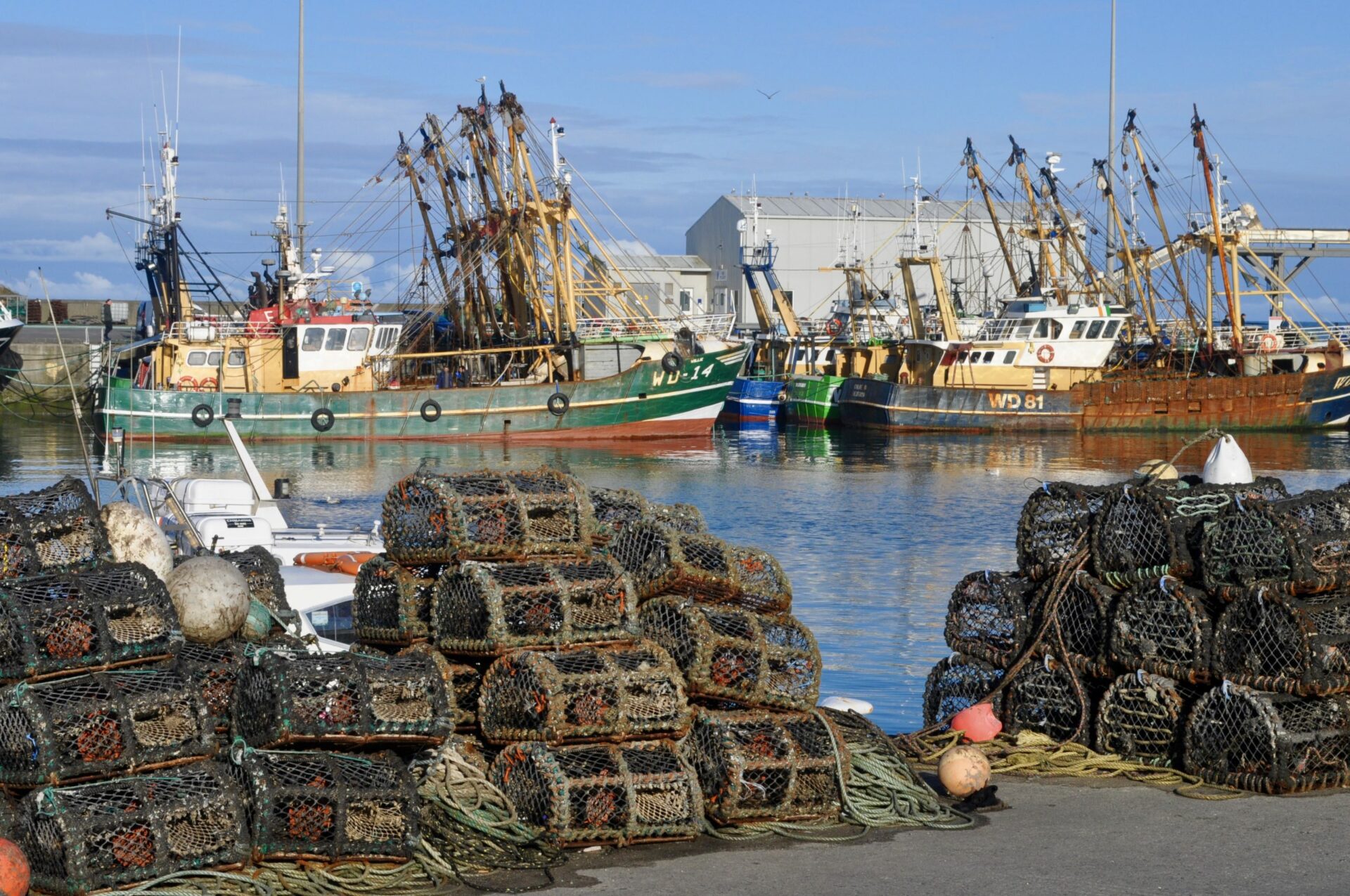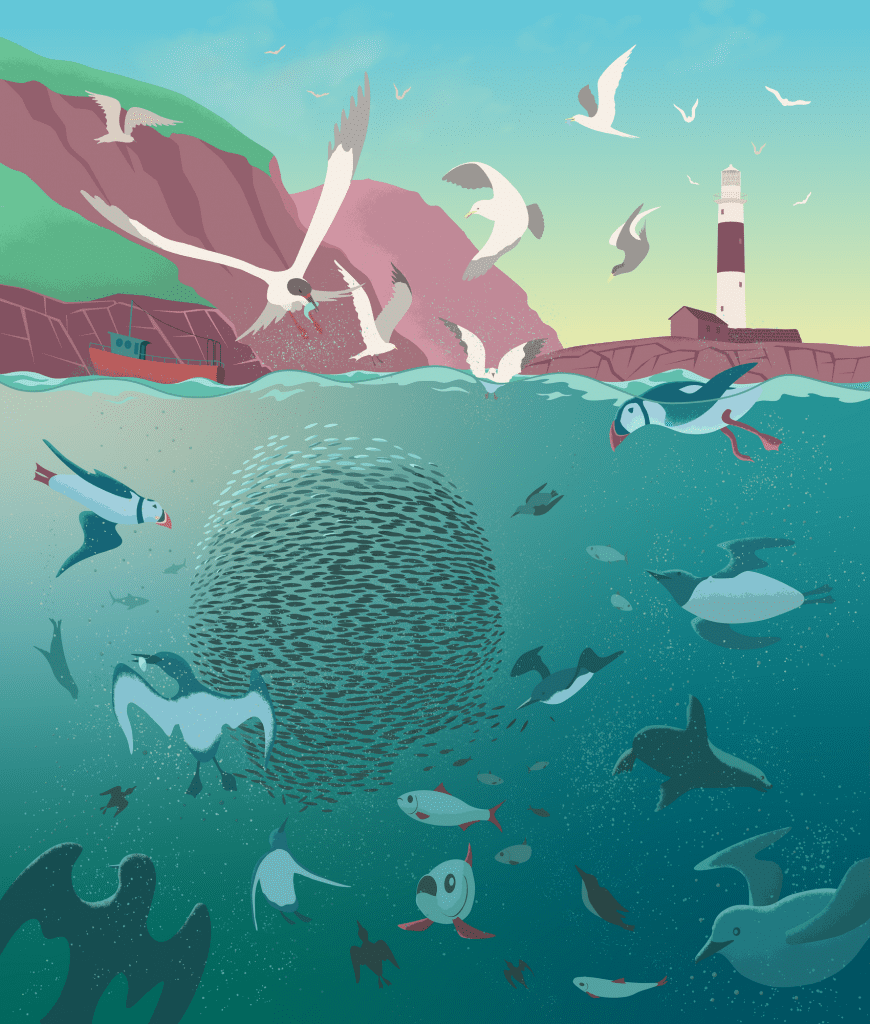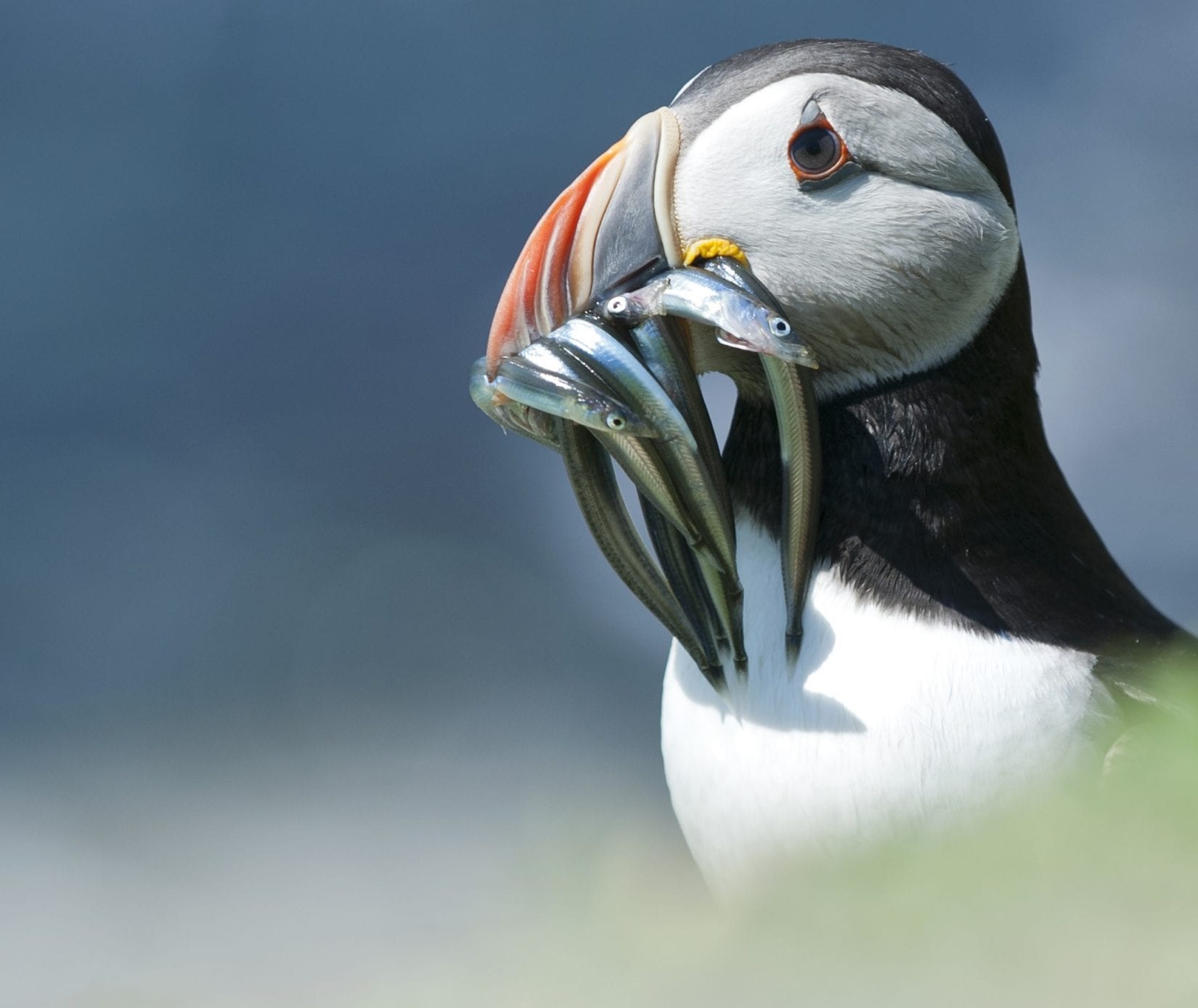With the European Commission’s report on the Functioning of the Common Fisheries Policy expected in the coming days, there are fresh calls for implementation of Article 17 of the Common Fisheries Policy
Next week, the European Commission’s long-awaited Report on the Functioning of Common Fisheries Policy (CFP) is set to be published. The CFP has failed to deliver on its objectives, chief among them to end overfishing in EU waters. However, what is needed now, is full implementation of the CFP rather than reform of it; the fundamentals to deliver sustainable fisheries management in the EU are already available through the CFP, but Member States have failed to implement these principles fully1.
Article 17 of the CFP
One of the most neglected elements of the CFP to date has been Article 17.
Article 17 requires Member States to allocate fishing opportunities using transparent and objective criteria with a focus on social, environmental, and economic criteria, including for example, the use of fishing gears with low environmental impact and reduced energy consumption.
The trouble is, that although the CFP mandates the inclusion of these criteria, to date there has been no Commission guidance on which criteria should be prioritised and how Member States should go about implementing these criteria when allocating fishing opportunities.
Furthermore, the implementation of Article 17 is a national authority competence, and it is therefore up to each Member State to implement it. The political will do so however, has so far been lacking.
Lack of reporting information
Not only has Article 17 not been implemented, but it is also one of the lesser-known articles of the CFP. It largely doesn’t enter public discussion and is one of five CFP articles that annual European Commission reporting provides scant information on. NGOs then face the task of trying to plug the data gaps2. For example, only 16 out of 23 Member States responded to the European Commission’s reporting requests for social dimension information of fisheries in 2016 and 20203.

Thomas-Haeusler
Criteria Used
According to Scientific, Technical and Economic Committee for Fisheries (STECF) reporting4, 12 out of 23 Member States have no environmental criteria in place for allocating fishing opportunities3. Ireland is one of 12 countries with environmental criteria in place, but these criteria are not prioritised. Instead, the primary criteria used in allocating fishing opportunities is based on historical track record5, and while equality of access is listed as another primary criterion5, equality of access does not equal equity of access6.
Benefits of Implementing Article 17
If implemented correctly, Article 17 can help to incentivise sustainability by providing for priority access to fishing opportunities for environmentally low impact fishing, while delivering social and economic benefits. STECF reports that low-impact, small scale vessels are more economically efficient than the large-scale fleet, and have double the productivity in terms of the use of capital and labour, likely made possible through shorter value chains and a greater focus on catching quality and high value species3. In this way, Article 17 can be used to ensure a Just Transition to a low carbon, low environmental impact and socially just fishing fleet across the EU and in Ireland, something which is of critical and urgent importance if we are to meet our climate and biodiversity obligations set at national, EU and international level.
Fish-Herring and sea life off Rockabill by Jacek Matysiak
Renewed calls from Fishing Organisations and environmental NGOs
And it’s not just environmental NGOs who are calling for the full implementation of Article 17. Just last week, the Low Impact Fishers of Europe (LIFE), of which the Irish Islands Marine Resources Organisation is a member, renewed its call for implementation of Article 17. LIFE is calling for a comprehensive and all-round response to implementing Article 17, calling on Member State governments, the European Commission, and Members of the European Parliament to step up to their role in addressing lack of action on Article 17:
- Member State governments– to work with all fleet segments, to develop and publish transparent and objective criteria of an environmental, social and economic nature and to deliver a fair transition to low-impact, low-carbon fishing and fairer and more secure access to resources for small scale fishers;
- European Commission– to support and encourage Member States to implement Article 17 by providing guidelines and a detailed implementation plan, with a requirement for Member States to report on progress on an annual basis;
- Members of the European Parliament– to support the legislative development of Article 17, and its full and appropriate implementation at Member State level7.
As we await the European Commission’s report on the Functioning of the CFP next week, we are keen to see a renewed ambition on implementing the CFP fully, and with that, the full implementation of Article 17 to help manage our fisheries in a low environmental impact, low emissions and socially just way8.
Peter Loughlin
References and further information
- BirdLife Europe and Central Asia, ClientEarth, FishSec, Oceana, OurFish Seas At Risk, WWF (2021) ‘common Fisheries Policy: Mission not yet accomplished.
- Pew (2021) ‘Lessons From Implementation of the EU’s Common Fisheries Policy’.
- Scientific, Technical and Economic Committee for Fisheries (STECF) – Social dimension of the CFP (STECF-20-14), Doering, R., Fitzpatrick, M. and Guillen Garcia, J. editor(s), EUR 28359 EN, Publications Office of the European Union, Luxembourg, 2020, ISBN 978-92-76-27169-7, doi:10.2760/255978, JRC123058. For more, see Our Fish (2021) ‘EU Holds Key To Just Transition to Low-Carbon, Low-Impact Fishing Industry – Report’, 27 October.
- The Scientific, Technical and Economic Committee for Fisheries (STECF) is compiled of scientific experts appointed by the Commission, who provide scientific advice on fisheries management.
- New Economics Foundation (2017) ‘Who gets to fish? The allocation of fishing opportunities in EU member states’.
- Managing for Diversity: keeping everyone afloat in Irish fisheries.
- LIFES’s call for implementation of Article 17.
- Our Fish (2021) ‘EU Holds Key To Just Transition to Low-Carbon, Low-Impact Fishing Industry – Report’.




